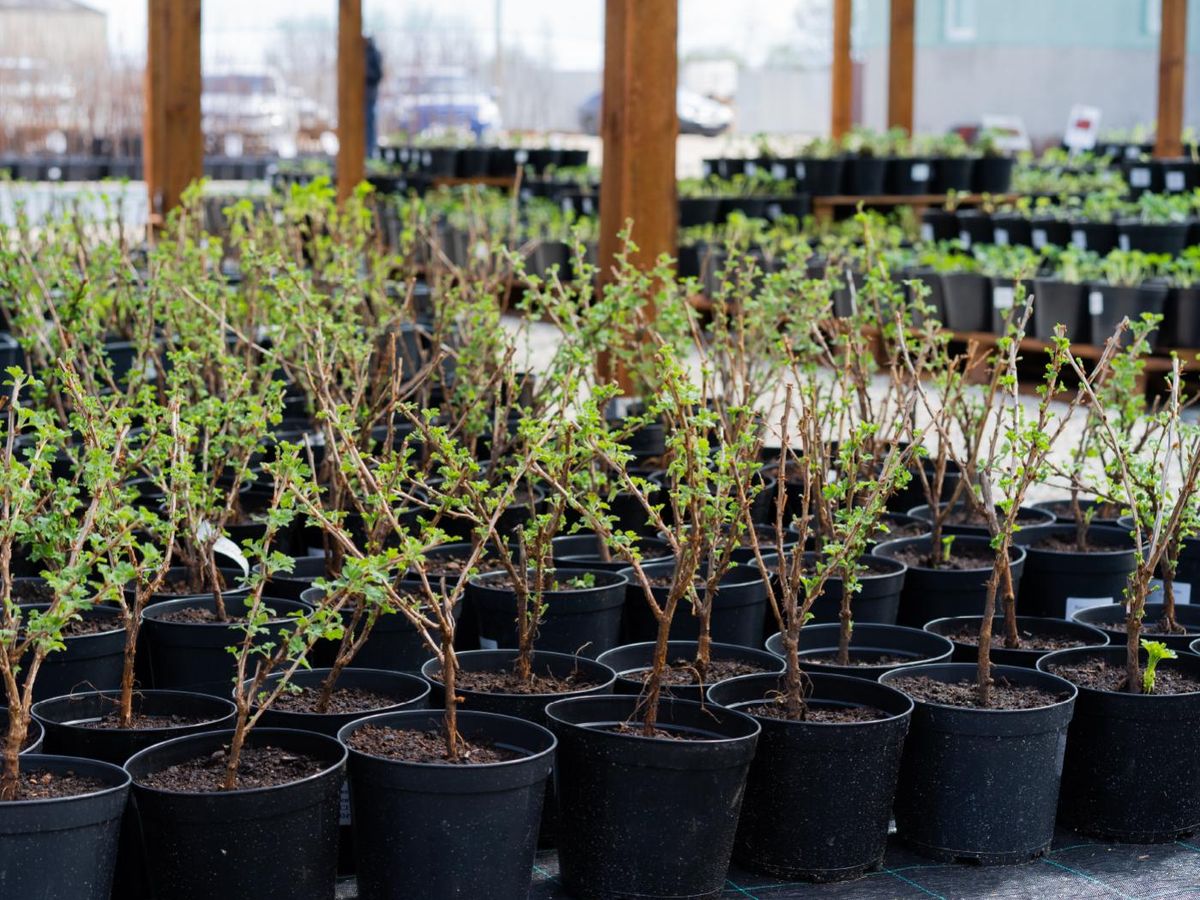
Rooting for a Greener Ward 6
The City of Hamilton annually gives native shade trees or shrubs to residents to plant on their private property. You need to be a resident of the City of Hamilton to qualify, and you must plant the tree on your private property located in the City of Hamilton, preferably at the side or back of your home. Trees are approximately 1 metre tall.
Planting a native tree on your property improves air quality, fights climate change, and increases property value.
Pre-register and pick-up your tree or shrub at one of the pick-up locations:
Mohawk College – Parking Lot P1
8:00 AM to 12:00 PM
Saturday May 3 and Saturday, May 24
Pre-Register Here for Mohawk College Location
OR
Bayfront Park
8:00 AM to 12:00 PM
Saturday, April 26, and Saturday, May 10 and Saturday, May 31, 2025
Pre-Register Here for Bayfront Park Location
Giveaway Details
- One (1) tree per property. Pre-registration required.
- Must present driver’s license or property tax bill.
- Native shade trees and shrubs are available.
- Pick up your tree. Rain or shine.
- Homeowner is responsible to plant, water and maintain the private tree.
- Call or click before you dig: OntarioOneCall.ca
Native Tree Species Available
Shade Trees are a larger trees normally reaching a height above 12 metres with a primary role of providing shade. Shade trees contribute the most to the city’s tree canopy.
Tree Species
Chinquapin Oak (Quercus muehlenbergii)
Tree and planting Information
- Deciduous
- Flowers are an early season food source for insects
- Acorns are a food source for birds and mammals
- Provides nesting habitat and shelter
- Host plant for hundreds of insect species
Where to Plant
- Clay tolerant
- Dry to medium
- Full sun, tolerates part sun
Red Maple (Acer Rubrum)
Tree and planting Information
- Deciduous
- Keys and shoots are a food source for wildlife
- Brilliant red leaves in the Fall
Where to Plant
- Tolerates most types of soil including clay, sandy, and loamy
- Best in wet soils, but tolerates some drought
- Prefers full sun
Sugar Maple (Acer saccharum)
Tree and planting Information
- Deciduous
- Flowers are an early season food source for insects
- Seeds are a food source for mammals; provides nesting habitat and shelter
- Host plant for many insect species.
Where to Plant
- Clay tolerant
- Dry to medium moisture
- Grows best in full sun but tolerates shade
Tulip Tree (Liriodendron tulipifera)
Tree and planting Information
- Deciduous
- Flowers are a food source for insects and hummingbirds
- Seeds are a food source for mammals; provides nesting habitat and shelter
- Host plant for several insect species
Where to Plant
- Clay tolerant
- Medium moisture
- Full sun, tolerates part sun
Eastern White Pine (Pinus strobus)
Tree and planting Information
- Conifer
- Cones are a food source for birds and small mammals; provide nesting habitat and shelter.
Where to Plant
- Clay tolerant
- Sand or sandy loam prefered
- Medium moisture
- Full or part sun
Kentucky Coffee (Gymnocladus dioicus)
Tree and planting Information
- Deciduous
- Provides nesting habitat and shelter
Where to Plant
- Clay tolerant
- Medium moisture
- Full sun
Blue Beech (Carpinus caroliniana)
Tree and planting Information
- Deciduous
- Flowers are an early season food source for insects
- Fruits are a food source for birds and small mammals, provides shelter
- Host plant for several insect species
Where to Plant
- Clay tolerant
- Medium moisture
- Full sun, part sun, or shade
- Prefers moist, full shade conditions
Service Berry (Amelanchier laevis)
Tree and planting Information
- Deciduous
- Flowers are an early season food source for insects
- Fruits are a food source for birds and small mammals
- Provides nesting habitat and shelter
- Host plant for several insect species
Where to Plant
- Clay tolerant
- Prefers moist loams
- Dry to medium moisture
- Full or part sun
Northern Bush Honeysuckle (Diervilla lonicera)
Tree and planting Information
- Deciduous
- Flowers are a food source for insects and hummingbirds
- Seeds are a food source for birds; provides shelter
- Host plant for several insect species
Where to Plant
- Clay tolerant
- Prefers dry, sandy soil
- Dry to medium moisture
- Full sun, part sun or shade
American Witch Hazel (Hamamelis virginiana)
Tree and planting Information
- Deciduous
- Flowers are a food source for late season moths
- Seeds are a food source for birds and small mammals
- Provides habitat and shelter
- Host plant for many insect species
Where to Plant
- Clay tolerant
- Medium moisture
- Full sun, part sun, or shade
